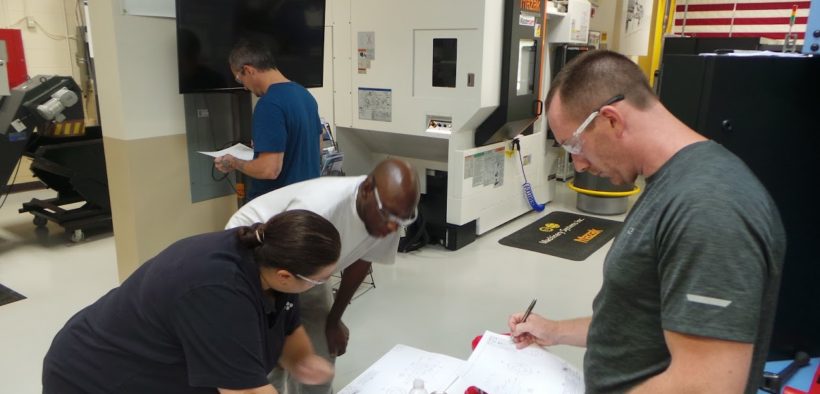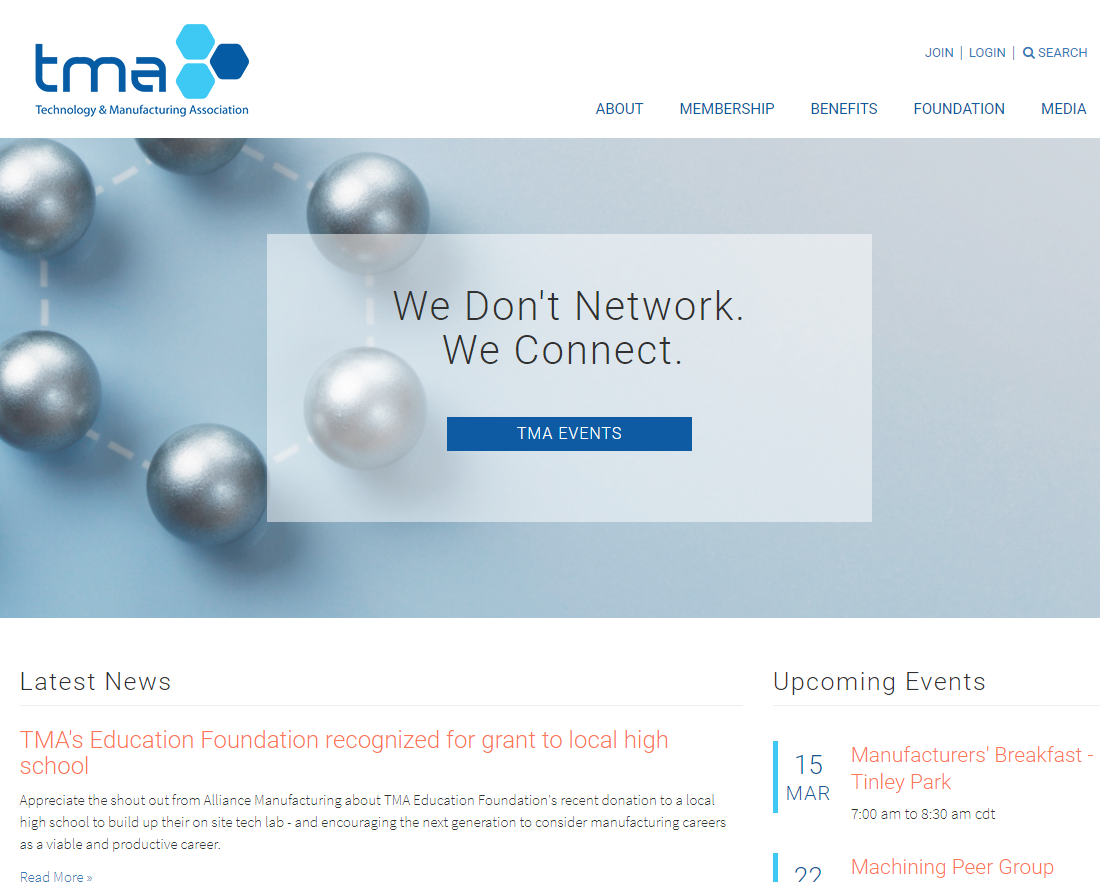Workforce Challenges Are A Top Concern For Manufacturers, Report Finds
Share

And while that concern is important, there are others manufacturers are overlooking for the most part …
In the firm’s third annual report on the manufacturing industry, nearly 80 percent of respondents said they are more optimistic about the U.S. economy compared to last year while 66 percent said the same about the manufacturing industry. And 69 percent expect headcount to increase. Even so, respondents identified addressing workforce challenges as a top priority for their companies, and nearly 60 percent pointed to a lack of qualified workers as a barrier to business growth.
“The use of advanced technologies across manufacturing operations requires workers with a higher level of training and skills,” saidJerry Murphy, partner-in-charge of Sikich’s manufacturing and distribution practice. “Our report found that while manufacturers recognize the gaps in workforce development, many simply are not doing enough to train and equip workers to thrive in today’s increasingly complex manufacturing operations.”
More than half of respondents said their companies have no involvement with high schools, community colleges or universities to develop skilled workers. And more than 80 percent said they provide 40 hours or less of annual training per employee.
“Manufacturers must prioritize workforce training and development within their organizations and collaborate with schools and professional associations to train and recruit talent,” said Joy Duce, partner-in-charge of Sikich’s human resource consulting services practice. “The companies that embrace workforce development as a key initiative will be in a better position to ensure long-term viability and competitiveness.”
Manufacturers remain vulnerable to cybersecurity threats
As technology continues to change how manufacturers develop products and interact with customers, information technology security risks have increased. Sikich’s 2017 report found that many manufacturers fail to take the necessary steps to protect their data. For example, 44 percent of respondents said they do not perform annual intrusion testing, in which security professionals attempt to infiltrate a company’s IT systems or applications to identify weaknesses.
Additionally, while training employees on cybersecurity best practices is necessary to ensure company-wide vigilance, nearly 70 percent of respondents said they do not conduct annual staff training.
“Manufacturers cannot afford to deprioritize cybersecurity preparedness today,” said Brad Lutgen, partner in Sikich’s security and compliance practice. “As the number of connected products in manufacturing operations increases, external and internal vulnerabilities abound in the industry. Manufacturers need to take preventative steps to secure valuable intellectual property and protect their investments in new high-tech manufacturing equipment, which can be exploited if not configured properly.”
Report identifies manufacturers’ growth strategies
Manufacturers view organic growth in existing domestic markets and new product or service development as the top opportunities for growth over the next 12-18 months. Despite the emphasis on new products, however, 78 percent of respondents said they invest 5 percent of sales or less in research and development. Further, nearly half do not take advantage of research and experimentation tax credits.
“The optimism manufacturers feel in today’s economy is warranted, but our report showcases several areas of vulnerability,” Murphy said. “From workforce development to technology to financial planning, manufacturers cannot afford to grow complacent in an increasingly competitive marketplace. The companies that stay ahead of industry trends and seek constant improvement will be the ones well-positioned to innovate and grow.”
For the 2017 Manufacturing Report, Sikich surveyed more than 250 respondents from companies across industrial sectors, including metal fabrication, industrial equipment, food and beverage, chemical and petroleum, automotive, plastics, and distribution.
Access the full report, including survey results and insights from Sikich technology, tax, human resources, investment banking and supply chain experts, here.


